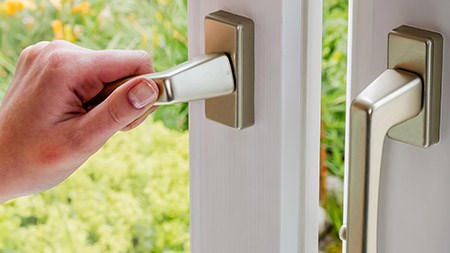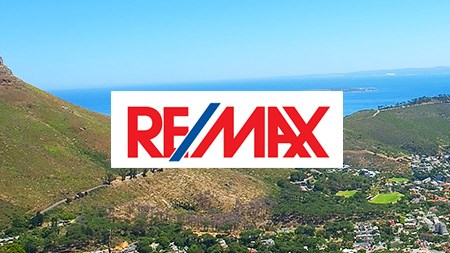Although natural disasters and extreme weather conditions are not always in the foreground of the average South African homeowner’s mind, the fact that so many have occurred around the planet in the last decade – the most recent being the disastrous tornado that hit Oklahoma in the US - should be a reminder to homeowners that they need to be prepared for any eventuality that could affect them, says Adrian Goslett, CEO of RE/MAX of Southern Africa.
While for the most part the large majority of South Africans have been relatively unaffected by climate change, natural phenomenon such as floods, lightning strikes, ground movement and fires do occur, which makes it vital for homeowners to ensure that their household insurance covers these occurrences along with their household contents. “It is always important to read through any insurance contract carefully to be sure of exactly what is covered by insurance and what isn’t, so that adjustments can be made to make certain that the homeowner is adequately protected should anything happen. Although it is impossible to know when and what kind of disaster could occur, it is essential to ensure that whatever policies are in place cover both the property itself as well as the contents against natural disasters,” says Goslett.
He notes that so often insurance policies are the first item to be cut back when a homeowner is trying to find ways to save on monthly expenses. “The problem with cutting back on insurance and not being sufficiently covered is that while it may save money in the short term, the long term affects could be financially devastating should anything happen. This was seen during the St Francis Bay fires in December last year when over 76 homes were burnt to the ground. Unfortunately the fact is that household insurance is not an indulgence - it’s a necessity. The question is not whether a homeowner can afford to be insured, but rather if they can afford not to be,” says Goslett.
He adds that even if homeowners are covered and have insurance policies in place, it is advisable that they relook the policies on an annual basis in order to ensure that the cover meets their current circumstances. “Often homeowners accumulate additional assets or upgrade items in their home, which will have an impact on how much insurance they require to replace these goods. It is also important to remember that the property will also increase in value over time, which will also have an impact on the replacement value of the home. The insurance value on the property should be based on the amount it would take to replace the home, not necessarily the current market value. Insurance companies consider it the homeowner’s responsibility to inform them of any changes that may occur. In some cases it may be cheaper to buy an existing home than rebuild one, which makes it vital for homeowners to look at rebuilding costs rather than what they paid for the property,” explains Goslett.
To assess how much cover is needed, Goslett says that homeowners should check the cost of rebuilding one square metre in their area and then multiplying that value the home’s total square meterage. A professional real estate agent will be able to assist with the square metre value and a local builder can provide the homeowner with the current cost of rebuilding a property. He notes that additional features such as swimming pools and lapas should also be considered in the valuation process. “Once these figures have been worked out, as a rule of thumb, homeowners should add an additional 15% to receive the amount of cover required to replace the property,” says Goslett. “Very often homeowners under insure their property and are unable to replace what they had. This is why it is important for homeowners to insure their property at the correct value and thereby not deal with the harsh emotional reality of not being able to replace their home or valuables.”
Goslett notes homeowners can have a professional independent assessor come to the property to give them an accurate evaluation. Making sure that the home is insured at the correct value will ensure that the homeowner is paying the correct premium. The homeowner will essentially only be paying for what they need.
“It is possible for disaster to strike at any moment and while it is not human nature to think about the worst-case scenario, when it comes having enough household insurance, this is exactly what homeowners need to do,” Goslett concludes.


